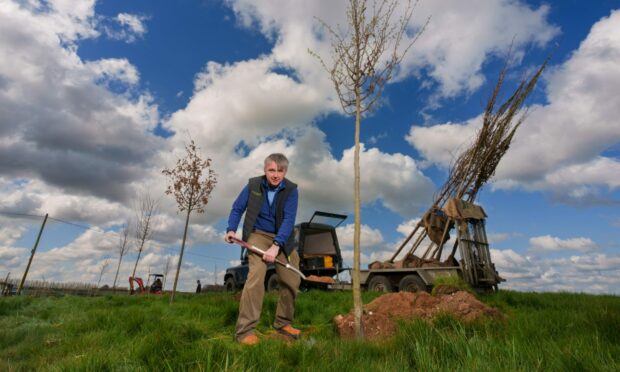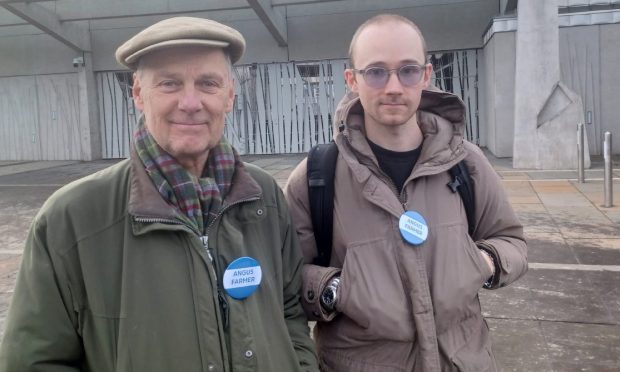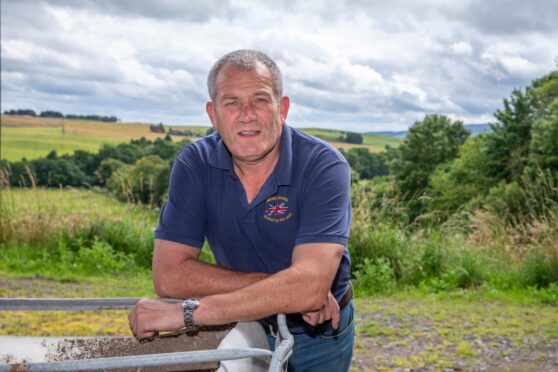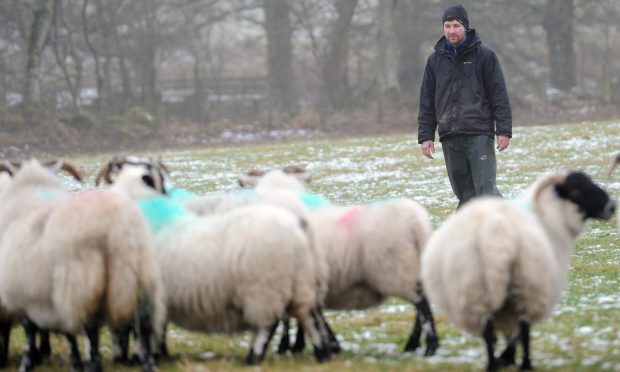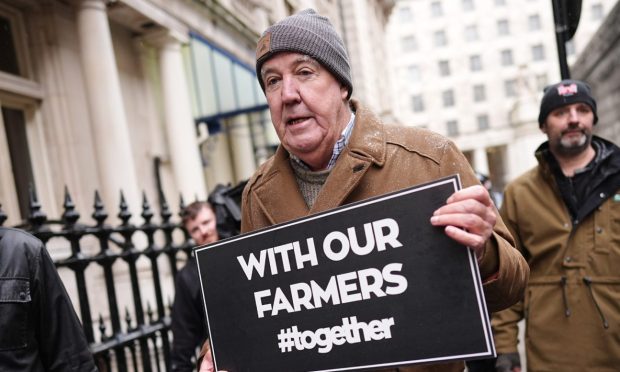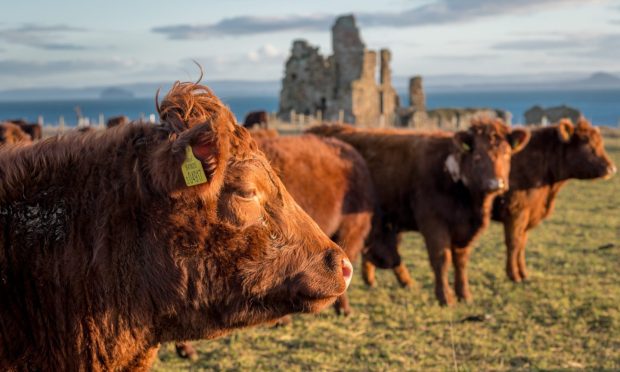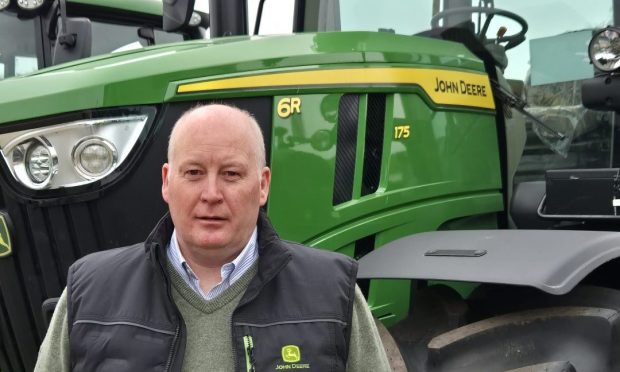The manager of the 4,000-acre Leckford Estate in Hampshire is Andrew Ferguson, who grew up on Middleton Farm, near Kilry.
The land, which is owned by Waitrose, was bought in 1928 by John Lewis – the original founder of the John Lewis Partnership – as his private estate.
When the company merged with Waitrose & Partners in 2001 it became the only UK supermarket chain to have its own farm.
The estate is in an area of outstanding beauty and includes meadows, ancient grasslands , woodlands and areas of special scientific interest, and it uses regenerative principles to farm in harmony with nature.
It is mixed arable with 650 beef cattle, mainly Aberdeen-Angus and Hereford crosses.
The farm grows wheat and rapeseed and make its own brand flour and cold-pressed rapeseed oil. It also grows spring barley and oats and has 25 acres of jazz and Bramley apple orchards.
However, the farm’s highest-value crop is found on 17 acres of vineyards, where three grape varieties are grown – Pinot Noir, Pinot Meunier and Chardonnay. They are turned into 35-40,000 bottles of Leckford Estate Brut sparkling wine.
On the farm they are targeting becoming better than carbon net zero, by making improvements to soil fertility. There is a 12-year crop rotation, with green crops like herbal ley and the estate uses direct drilling or structural drilling to avoid the use of the plough.
Last year saw the arrival of a slurry-powered biomethane tractor as well as a biodiversity officer to monitor nature in more detail.
The estate incorporates a commercial farm as well as a farm shop and cafe, which means the farm is always in full view of the public.
Mr Ferguson said: “ We’re not a small farm, but we are a very small part of a very big business.
“It feels quite good for me and the team to be playing a part in the bigger project. We are able to demonstrate, effectively, what Waitrose’s values are in ethics, sustainability and the environment, as well as in farm management.
“I’m quite excited because we have a role to influence and support thousands of other farmers, as we try to make a more regenerative system of farming and food production in the UK.”
Another attraction of his job is a direct connection to the final consumer product. “That is never more clear than when you’re looking at a bottle on the shelf,” he added.
“It’s certainly given me a different perspective and insight into the whole supply chain.”
